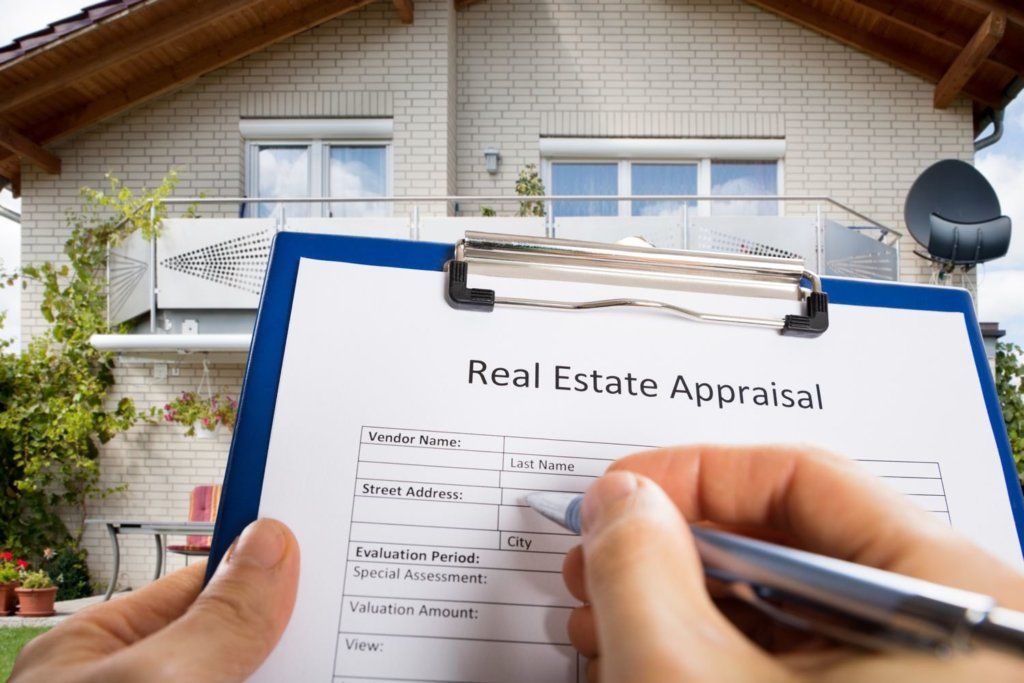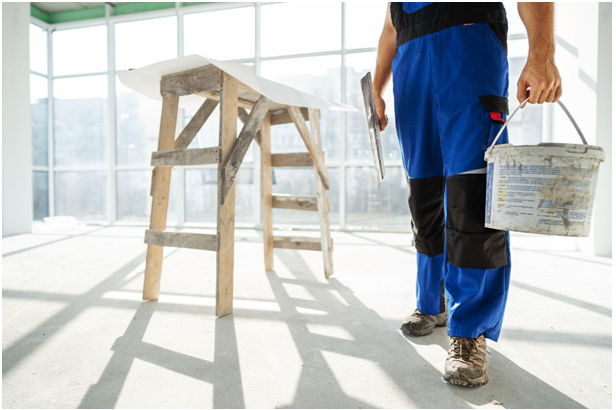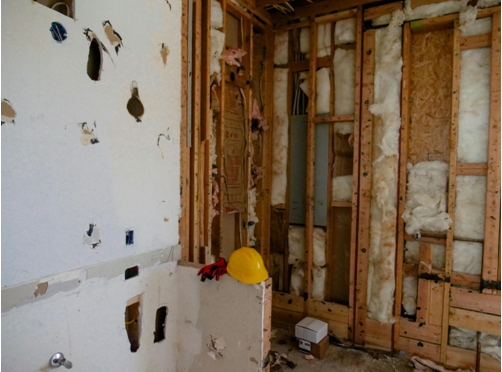Property Appraisal: What You Should Know As a Homeowner

As a homeowner, seller, or buyer, we’re sure you’ve heard the term “property appraisal”. While you may have an idea of what this is, most people don’t understand the point of a property appraisal, what they’re actually looking for, and how they get their unbiased value of the home. One thing to keep in mind is that all property appraisers are highly trained, licensed individuals. All appraisers go through multiple tests, strict trainings, continuing education, and more just to maintain their license and status as a licensed appraiser. They may not all be perfect, but they are trained to give an objective, unbiased report of your homes value.
What is an appraisal?
A property appraisal is a “unbiased estimate” of the actual market value of the home. What makes this so reliable, is the laws and regulations behind the licensing of property appraisers. As we stated before, all property appraisers must meet and maintain certain requirements in order to work as a license appraiser. This value that is given to your home is not going to be based on an opinion, but instead will be proved by a report that considers things such as property location, condition of the home, recent sales nearby, and more. These steps are taken to ensure that no one is taken advantage of and is getting a fair deal. When you’re financing a home, you’re not legally allowed to buy a home for more than what the home is appraised at. This can be a good and bad thing at the same time! Make sure to talk to your agent about the appraisal process and how it may effect your transaction.

What they look for
During a property appraisal, the appraiser will look for many things. But don’t worry, your dirty floors or torn up furniture won’t be a part of that list! Appraisers only look for the physical aspects of the home. This includes, square footage, bedrooms, bathrooms, pools, location, views, and much more. They will also analyze the condition in which each component is in.
Exterior
While roaming the outside of the home, the appraiser will look at multiple aspects. He will check the structure of the home, factoring in the age and condition of all the fixed components. They will also took a long, hard look at the roof. They will look at the permits and analyze the materials used and the integrity of it’s construction. From the frame of the home to the property lines, your appraiser will reassure you that you’re in a safe home and it is priced right!
Interior
The interior can be a bit more tricky though. While the exterior aspects of your home are most certainly important, there are more guidelines to follow while inspecting the inside of a home. Earlier we discussed that appraisers will factor in square footage, bedrooms, and more. Well while they have to analyze those things, they also need to check for water damage, fire escapes, etc. They will also test the quality of the systems such as plumbing, A/C, and electrical systems.
There are many components that create a full appraisal report, and you can rest assured you will receive an extensive copy of this report. While the process can make you nervous (especially if you’re selling your home), you will be able to see every little thing that the appraiser found that adds up to or detracts to get to your homes “appraised value”.
How to get a higher appraised value
The best place to start is the outside. Make sure when the property appraiser is pulling up to your home, he likes what he sees. This means, take care of those overgrown bushes, misplaced pavers, broken exterior fixtures, etc. Make sure your gutters are in good shape and functional. Make the outside look as welcoming as possible.
Something to keep in mind is that appraisers usually appraise in $500 increments. Therefore, if you have a repair that should be made and it costs over $500, chances are you should take care of it so your home gets a higher and more fair appraised value. You can also use the age of your home to the advantage. No matter the age of your home, if you give your entire home the 21st century look, the appraiser will look over the age real quick. Consider painting the interior and exterior, patching walls, fixing cracks, etc.
On top of the repairs, you’ll want to highlight any and all minor/major repairs you’ve done to your home. This list should range from the $10,000 new roof, to the $100 sink you installed a year ago. Every little thing counts, and since they take into account the condition and market conditions of the neighborhood, make sure you tell them about any updates or improvements done to the community.
The best way to ensure you get a solid appraised value for your home is to do your due diligence. Do your research, make repairs, talk to your agents and appraisers, disclose everything, etc.
Conclusion
At the end of the day, you can not do much about the appraised value. If you think the appraiser was wrong, you do have the right to challenge the appraisal. If you think the appraiser didn’t consider any new or improved features of the home or its surroundings, let your lender know so they can investigate. The ultimate goal will be to get everything in order before the appraisal to guarantee there are no issues or concerns.
We hope this helps! If you’re looking to sell your home, you can always reach out to the Brown Home Group at Keller Williams
321-348-8720
Written By:
Blaine Wyker
Brown Home Group @ Keller Williams Advantage II Realty
Resources:
https://www.discover.com/home-loans/articles/the-home-appraisal-process
https://homeguides.sfgate.com/house-appraiser-look-for-2828.html
























